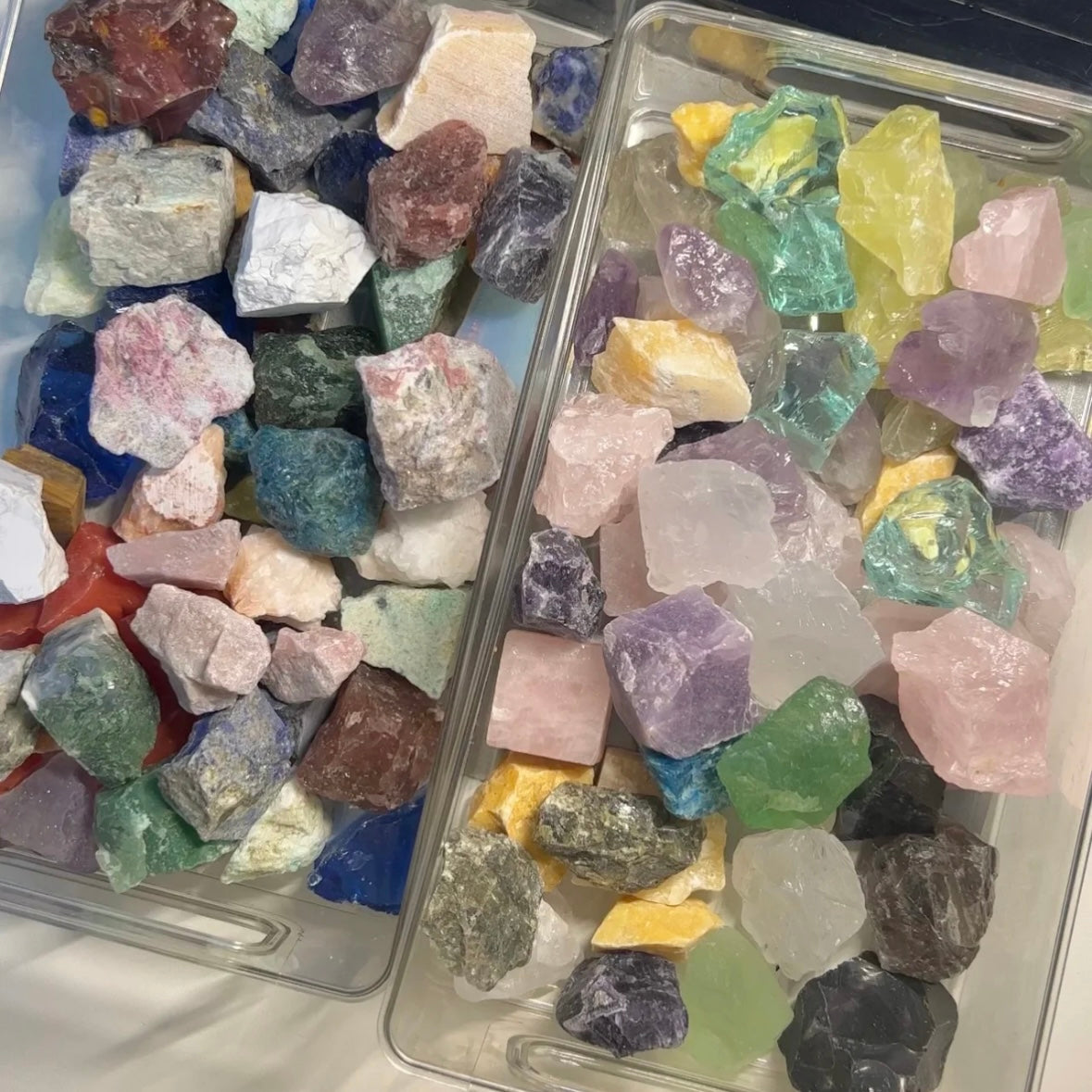Insomnia, a condition characterized by difficulty falling asleep, staying asleep, or waking up too early, affects millions of people globally. Understanding what causes insomnia is the first step towards effective treatment.
Common Causes of Insomnia
-
Stress and Anxiety
- Mental Overload: Stress and anxiety are among the most common causes of insomnia. When your mind is preoccupied with worries about work, relationships, or daily responsibilities, it can be challenging to relax and fall asleep.
- Physical Symptoms: Stress can also cause physical symptoms like a racing heart or tense muscles, which can further disrupt sleep.
-
Poor Sleep Habits
- Irregular Sleep Schedule: Going to bed and waking up at different times every day can confuse your internal clock, making it harder to fall asleep and wake up naturally.
- Unhealthy Sleep Environment: A bedroom that's too noisy, bright, or uncomfortable can interfere with your ability to sleep soundly.
-
Diet and Lifestyle Choices
- Caffeine and Nicotine: These stimulants can keep you awake if consumed too close to bedtime. Caffeine can be found in coffee, tea, chocolate, and some medications, while nicotine is present in tobacco products.
- Heavy Meals and Alcohol: Eating large meals or consuming alcohol before bed can disrupt sleep. While alcohol might make you feel drowsy initially, it can interfere with your sleep cycle later in the night.
-
Medical Conditions
- Chronic Pain: Conditions like arthritis, back pain, or fibromyalgia can make it difficult to find a comfortable sleeping position, leading to insomnia.
- Sleep Disorders: Disorders such as sleep apnea or restless legs syndrome can cause frequent awakenings and poor sleep quality.
-
Medications
- Side Effects: Certain medications, including those for asthma, depression, high blood pressure, and allergies, can interfere with sleep.
- Stimulant Medications: Drugs that stimulate the central nervous system, such as some ADHD medications, can also cause insomnia.
-
Mental Health Disorders
- Depression: Insomnia is a common symptom of depression. Depressed individuals often experience disrupted sleep patterns and have trouble staying asleep.
- Anxiety Disorders: Generalized anxiety disorder, PTSD, and panic disorders can all contribute to insomnia by keeping the mind in a heightened state of alertness.
How Healing Crystals Can Help
Healing crystals have been used for centuries to promote physical and emotional well-being. Certain crystals are known for their calming and sleep-enhancing properties. Incorporating these into your bedtime routine can help reduce insomnia and improve sleep quality. Here are some crystals from Beskit Healing that are particularly beneficial:

-
Amethyst
- Stress Relief: Amethyst is known for its calming energy, which can help reduce stress and anxiety, making it easier to fall asleep.
- How to Use: Place an amethyst crystal under your pillow or on your nightstand. Explore the Amethyst Collection at Beskit Healing.
-
Lepidolite
- Mood Stabilizer: Containing lithium, lepidolite is excellent for stabilizing mood swings and alleviating anxiety, both of which can interfere with sleep.
- How to Use: Keep a lepidolite stone near your bed or hold it while practicing relaxation techniques. Discover the Lepidolite Collection at Beskit Healing.
-
Selenite
- Energy Clearing: Selenite is believed to clear negative energy and promote a peaceful environment, which can enhance sleep quality.
- How to Use: Place selenite wands around your bedroom to maintain a calm atmosphere. Check out the Selenite Products at Beskit Healing.
-
Moonstone
- Emotional Balance: Moonstone is associated with emotional stability and can help reduce stress and anxiety, promoting better sleep.
- How to Use: Integrate moonstone into your nightly routine by placing it under your pillow or near your bed. Browse the Moonstone Collection at Beskit Healing.
-
Howlite
- Calming the Mind: Howlite is known for its ability to calm an overactive mind and promote deep, restful sleep.
- How to Use: Keep a howlite stone under your pillow or in your hand as you prepare for sleep. Find the right Howlite Products at Beskit Healing.
Practical Tips for Better Sleep
In addition to using healing crystals, here are some practical tips to help you overcome insomnia:
-
Establish a Bedtime Routine
- Consistency: Go to bed and wake up at the same time every day, even on weekends. This helps regulate your internal clock.
- Relaxation Techniques: Incorporate relaxation techniques such as deep breathing, meditation, or gentle yoga into your bedtime routine.
-
Create a Sleep-Friendly Environment
- Comfortable Bed: Ensure your mattress and pillows are comfortable and supportive.
- Dark and Quiet: Use blackout curtains to keep your bedroom dark and consider using earplugs or a white noise machine to block out noise.
-
Limit Screen Time Before Bed
- Blue Light: The blue light emitted by phones, tablets, and computers can interfere with your ability to fall asleep. Try to avoid screens for at least an hour before bedtime.
-
Watch Your Diet
- Avoid Stimulants: Limit caffeine and nicotine intake, especially in the afternoon and evening.
- Light Snacks: If you're hungry before bed, opt for a light snack rather than a heavy meal.
Conclusion
Insomnia can be caused by a variety of factors, including stress, poor sleep habits, diet, medical conditions, medications, and mental health disorders. Understanding these causes is the first step towards effective treatment. By incorporating healing crystals from Beskit Healing into your bedtime routine and following practical sleep tips, you can improve your sleep quality and overall well-being. Sweet dreams!



